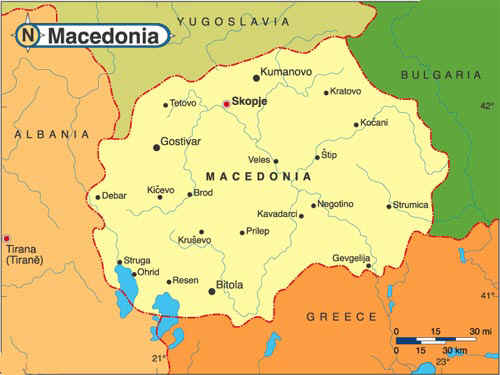We spent Friday's class going over the outline that Mr. Schick had given us not too long ago to prepare for Monday's test.We went over important dates like:
1600 – 1100 BC- Greeks fortified settlements along the Aegean development Mycenaean civilaztion
1150 – 750 BC- dark ages
776 BC-first Olympic games
750 – 700 BC- homer composed Iliad and Odessey
621 BC - Draco's code of law was enforced
508 BC – 1st time in human history where anybody had a revolution against their government. Rose up against Isagoris
490 - The Greeks go to war with the invading Persians under King Darius at the battle of Marathon.
480 BC- Xerses wants to get revenge, invades with huge army. but ended up losing. Battle of Thermopylae, Persians burn the Acropolis down, Athens defeat Persians
461 – 429 BC- golden age/age of Pericles
447 – 438 BC- built Parthenon
431 – 404 BC- Peloponnese war (Spartans and Athenians) tried to get Spartans to surrender because they couldn't get supplies but they did and defeated Athens. end of golden age/age of Pericles
399 BC - trial/execution of Socrates- (needed someone to blame for loss of war) charged with impiety, corrupting the youth
We also talked abut importnant people and how they made an impact on Greek civilization
Homer- blind poet who wrote Iliad and Odyssey and he went around singing ti people
Odysseus- the hero of Homer’s story “The Odyssey”- trying to find his way home and kept having to face weird obstacles by Posidean and others
Zeus- ruler of the sky and all of the gods
Athena- patron god of Athens, goddess of wisdom
Pisistratus- came to Athens with "Athena" he claimed to be a god, should have taken over Athens, gave common people rights to succeed
Cleisthenes- created democratic republic, people put him in charge after Isagoris aristocrat
Darius (the Great) - king of Persia during the Persian wars- tried to conquer Greece lost the battle of marathon
Xerxes- Darius’s son who sent two Greek expeditions to the mainland - tried to get revenge because of his father in the straits of salamis
pedipotdies- runner in Athens in charge of telling Spartans myth that he ran from marathon to Athens to declare that he won the battle. Ran from Athens to Sparta
Themistocles- ruled Athens, defeats Persians. not an aristocrat- was ostrisized
Pericles- aristocrat who was leader of Athens after victory over Persia- built Parthenon Delian league, Espeja- "high class prostitute" but she was a refined, intelligent, beautiful women "high class escort"
Aristophanes- Greek play write that specialized in comedies tragedy-Edopis
Socrates-well known Greek philosopher
